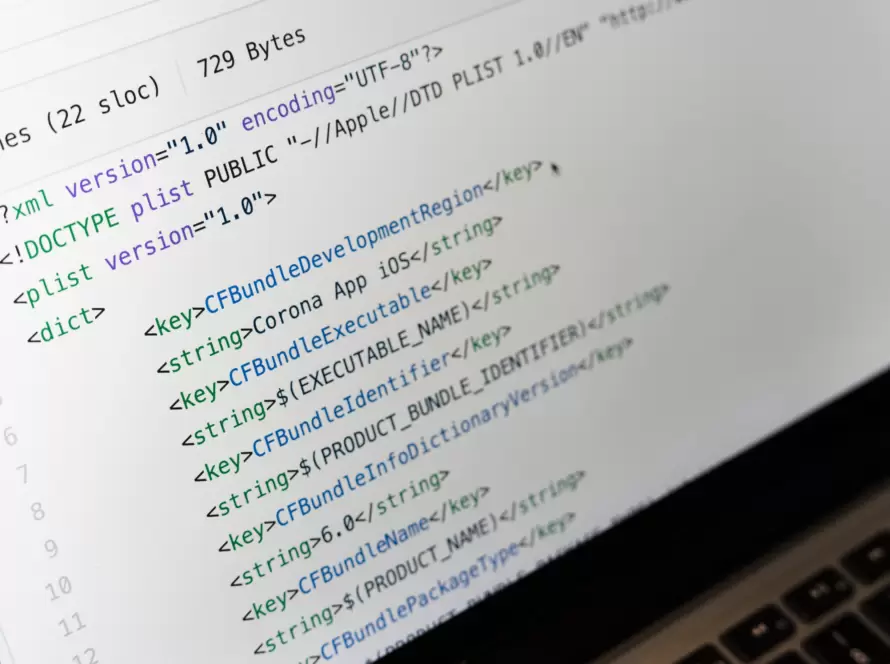Generated by Contentify AI

Debunking Common Myths About JavaScript Comments
In the web development world, JavaScript is a widely used language for designing interactive and dynamic websites. One of the fundamental aspects of coding in JavaScript is the use of comments. However, there are several misconceptions surrounding JavaScript comments that need to be clarified. In this blog post, we aim to debunk some of the most common myths about JavaScript comments, enabling developers to harness their true potential.
Myth 1: Comments Slow Down the Code Execution
Contrary to popular belief, comments have no impact on the execution speed of your JavaScript code. Comments exist solely for human consumption and are ignored by the browser’s JavaScript engine. Whether you have just a few lines or a hundred lines of comments, it won’t have any effect on the performance of your code.
Myth 2: Comments Are Not Important
Some developers underestimate the importance of commenting their code, but this couldn’t be further from the truth. Comments play a crucial role in enhancing code readability and maintainability. By adding descriptive comments, you make it easier for other developers (or even yourself in the future) to understand the purpose and functionality of different parts of your code.
Myth 3: Only Beginners Need Comments
Even experienced developers can benefit from including comments in their code. While seasoned programmers may have a deeper understanding of the code they write, comments can still act as helpful reminders or clarity aids when revisiting the codebase later. Furthermore, if you’re collaborating with other developers, comments become essential for effective communication and teamwork.
Myth 4: Commenting Is a Waste of Time
Some developers argue that time spent on adding comments is better spent on actual coding. However, investing time in adding clear, concise, and meaningful comments can save you countless hours in the long run. Well-commented code is easier to debug, maintain, and update, allowing for quicker development cycles and better overall productivity.
In conclusion, JavaScript comments are an invaluable tool for developers, providing clarity, understanding, and aiding collaboration. By debunking these common myths, we hope to foster a better understanding of the importance and benefits of commenting your JavaScript code. So, the next time you embark on a coding project, remember to embrace comments as an essential part of your development workflow.



